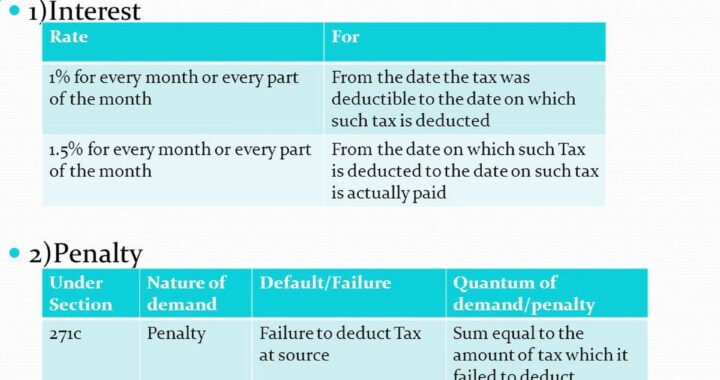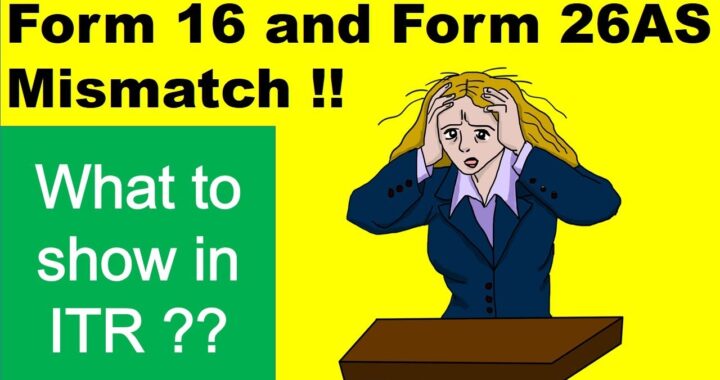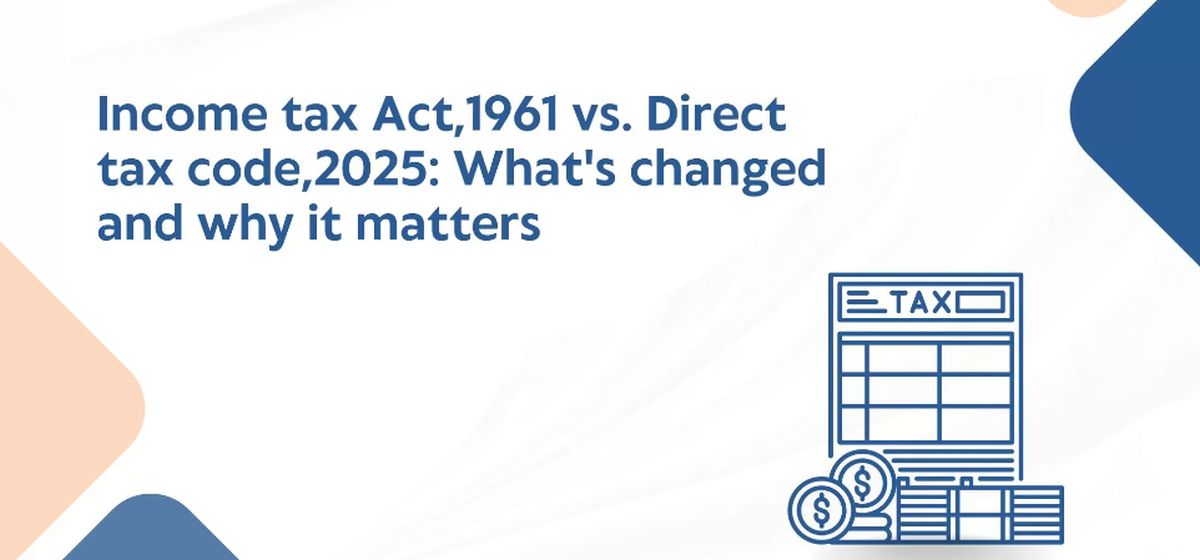No concealment penalty can be levied on the basis of disallowance of claim for expenditure
 The Apex Court in the case of CIT v. Reliance Petro products Pvt. Ltd., 322 ITR 158, reiterated that disallowance of claim for expenditure does not amount to furnishing incorrect particulars of income as such, no concealment penalty can be levied based on that.
The Apex Court in the case of CIT v. Reliance Petro products Pvt. Ltd., 322 ITR 158, reiterated that disallowance of claim for expenditure does not amount to furnishing incorrect particulars of income as such, no concealment penalty can be levied based on that.
In the said judgment, many aspects of concealment penalty were considered in detail. It was categorically stated that the Department shall follow the principle laid down in the said case and will not initiate proceedings for the levy of penalty due to concealment in such cases.
Provisions of the Income Tax Act for penalty due to concealment:
In the Income Tax Act, to protect the interest of the Revenue against disclosure of incorrect details of income in the return of income filed by the assessee, the provisions for imposition of penalty for concealment of income have been made.
A penalty under section 271(1) (c) of the Act is levied in cases where the assessee has concealed the particulars of his income or has furnished incorrect particulars of his income.
Distinction between concealed income and furnishing incorrect particulars of income:
The act of imposition of penalty should clearly state whether the penalty is imposed due to concealed income or on account of furnishing incorrect particulars of income.
Whether any disallowance represents the concealed income?
Section 271(1) of the Act provides a legal fiction whether any disallowance represents the concealed income for the purpose of levy of concealment penalty.
The explanation to section 271(1) shifts the burden of proof from the Revenue to the assessee regarding the concealed income. The said explanation has been amended from time to time and was last substituted by the Taxation Laws Act, 1975 and was again amended by the Taxation Laws Act, 1986.
It is a settled law that for imposing penalty on account of concealment of income, each case should be decided on the basis of the law prevailing at the time of filing the return of income.
Regarding the levy of concealment penalty, many issues are under debate till date. Practically once any claim of expenses made in the return of income is disallowed or any addition is made in the return, the department initiates proceedings against the assessee for imposition of penalty due to concealment.
In most of the cases, once such disallowance is confirmed by the First Appellate Authority, the authority treats it as concealment attracting provisions relating to concealment penalty, though it is known to all that mere disallowance of expenses or an addition to income does not amount to concealed income.
Earlier precedents on the issue:
The Supreme Court in the case of Dilip N. Shroff, 291 ITR 519, held that the order imposing penalty is quasi-criminal in nature and the concealment as well as furnishing incorrect particulars of income are referred to deliberate acts on behalf of the assessee.
The Apex Court expressed the view that presence of mens rea or guilty mind is essential for invoking provisions relating to concealment penalty. The Apex Court also made many other important observations in connection with the provisions dealing with concealment penalty.
Later on another Bench of the Apex Court, while dealing with similar provisions relating to the levy of penalty under the Central Excise Act, 1944 had to consider the views expressed in the judgment of Dilip N. Shroff.
As per the view of the Apex Court, the issue was referred to a Bench consisting of three Judges which considered the effect of the judgment of the Dilip N. Shroff’s case.
However the latter judgment dealt with the levy of penalty under the Central Excise Act. The Bench in the said case did not agree with the view expressed in Dilip N. Shroff’s case.
The later judgment overruled the judgment of Dilip N. Shroff’s case to the extent it held that deliberate act on the part of the assessee should be established for the levy of concealment penalty or in other words, mens rea is essential for imposing such penalty. However, the other observations of Dilip N. Shroff’s case for concealment penalty should continue to hold good.

 Can an assessee pay House Rent to his parents and claim relief? Would there be any legal complications?
Can an assessee pay House Rent to his parents and claim relief? Would there be any legal complications?  Boost Your Business & Reduce Taxes: A Guide to Maximizing Benefits Under Section 80JJAA
Boost Your Business & Reduce Taxes: A Guide to Maximizing Benefits Under Section 80JJAA  What is remedy to taxpayer if the Tax deductor fails to deposit the TDS or fails to file TDS Return
What is remedy to taxpayer if the Tax deductor fails to deposit the TDS or fails to file TDS Return  What is Income Tax Liability on Income from trading in Future and Options
What is Income Tax Liability on Income from trading in Future and Options  The Importance of Filing Your Income Tax Return on Time: A Financial Must-Do
The Importance of Filing Your Income Tax Return on Time: A Financial Must-Do  Is Addition made by Assessing officer on basis of mismatch between AIR and F26AS Justified
Is Addition made by Assessing officer on basis of mismatch between AIR and F26AS Justified  Major Changes Expected in Direct Tax Code 2025 and why these matter
Major Changes Expected in Direct Tax Code 2025 and why these matter